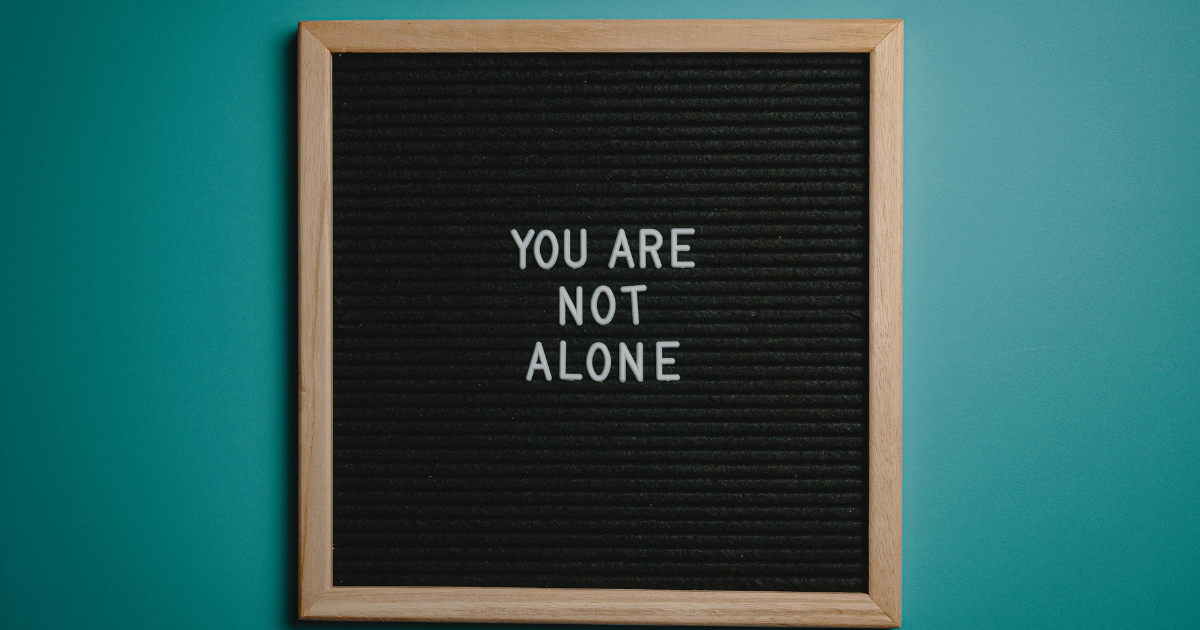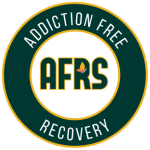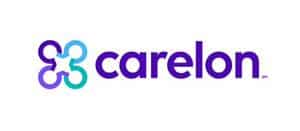Recovery from addiction is a journey; it’s not a destination. Though critical in the recovery process, all these happenings after treatment fall under what could be called aftercare. Aftercare contributes to helping people maintain sobriety by building meaningful lives.
Essential Takeaways
- Aftercare is Essential for Sustained Recovery: Ongoing support and resources are crucial for maintaining sobriety post-treatment.
- Personalized Plans Enhance Effectiveness: Tailored aftercare plans increase the likelihood of long-term sobriety by addressing individual needs.
- Building a Strong Support Network is Key: A robust support system of family, friends, and community resources is vital for encouraging recovery and preventing relapse.
This article will detail the importance of aftercare and show a long-term sober strategy to achieve sobriety. This guide can help those in recovery, support someone in recovery, or are just curious about the process.
Understanding Aftercare
What Is Aftercare?
Aftercare is the general support and assistance extended to individuals immediately after they undergo their first-ever addiction treatment. It can involve many activities and approaches that help people get back into life and stay sober. Fantastic aftercare can include therapy, support groups, and wellness programs. In brief, it is meant to assist people who have completed a formal treatment program to help them cope with different and unforeseen conditions in recovery.
Why Is Aftercare Important?
Relapse prevention is one of the most vital parts of the aftercare. Scientific studies reveal the fact that nearly about 40% to 60% of people relapse after the treatment. Studies show that almost 40% to 60% of the recovered addicts return to their addiction after some time. This depicts the importance of aftercare for continued recovery.
Aftercare helps individuals:
- Reinforce the skills they learned during treatment.
- Develop a support network to lean on during difficult times.
- Address underlying issues that may contribute to substance use.
- Create a structure and routine that supports their new sober lifestyle.
Understanding the importance of aftercare is the first step toward a successful recovery journey. It’s not just about quitting substances; it’s about building a fulfilling, sober life.
Components of Effective Aftercare
Individualized Aftercare Plans
One size does not fit all in addiction recovery. Each person’s journey is unique, and their aftercare plan should reflect that. Individualized aftercare plans consider a person’s needs, challenges, and goals. This personalized approach increases the likelihood of long-term success.
When developing an aftercare plan, consider the following:
- Personal History. What led to the addiction? Are there underlying mental health issues that need to be addressed?
- Support Systems. Who can provide support? This may include family, friends, or recovery groups.
- Triggers. What situations or environments may pose a risk for relapse? Identifying these triggers can help in planning effective coping strategies.
It is through peer support that recovery becomes simpler. There are support groups, for instance, Alcoholics Anonymous (AA) and Narcotics Anonymous (NA), where members may meet under the veil of confidentiality to share experiences, problems, and successes. One feels not alone in this struggle.
Attending meetings regularly helps commit those morals of sobriety to memory. Most need motivation from other experiences and share their own stories.
Therapy and Counseling
Ongoing therapy is another critical part of aftercare. Therapy helps a person to take care of the psychological and emotional elements of an addiction. Underlying issues that have caused someone to have dependency can be explored, coping strategies learned, and insights gained into their behaviors.

Several therapeutic approaches can be beneficial, including:
- Cognitive Behavioral Therapy (CBT). Focuses on identifying and changing negative thought patterns and behaviors.
- Dialectical Behavior Therapy (DBT). Emphasizes emotional regulation, mindfulness, and interpersonal effectiveness.
- Motivational Interviewing (MI). A collaborative approach that helps individuals find their intrinsic motivation for change.
Regular sessions with a therapist can provide continued support and guidance, helping individuals focus on their recovery goals.
Relapse Prevention Strategies
Understanding the potential for relapse is essential for anyone in recovery. Relapse prevention strategies help individuals identify their triggers and develop coping mechanisms to handle cravings and stress. Here are some effective strategies:
- Identify Triggers. Recognize situations, people, or feelings that may lead to substance use. Keeping a journal can help track these triggers.
- Develop Coping Skills. Learn techniques to manage stress and cravings, such as deep breathing exercises, meditation, or physical activity.
- Create a Relapse Prevention Plan. Outline specific steps to take when faced with triggers or cravings. This plan might include contacting a sponsor, attending a support group, or practicing self-care techniques.
Individuals can feel more empowered by preparing for potential challenges in their recovery journey.
Holistic Approaches to Aftercare
Another integral part of aftercare is continuous therapy. Therapy can be beneficial in the resolution of the psychological and emotional aspects of addiction. It provides a space to explore underlying issues, develop coping strategies, and gain insights into their behaviors.
Mindfulness and Meditation
Techniques such as meditation and yoga can be very beneficial during recovery. They help people become aware of their thoughts and emotions to respond to stressors rather than react. Mindfulness seems to lower anxiety; it induces a sense of calm, making it easier to brave the hurdles of a day.
Incorporating mindfulness into your routine might include:
- Daily Meditation. Even just a few minutes each day can help center your thoughts.
- Mindful Breathing. Taking a moment to focus on your breath can help reduce anxiety.
- Yoga or Tai Chi. These practices combine movement with mindfulness, promoting physical and mental well-being.
Physical Wellness
Physical health is closely associated with mental health. Exercise, healthy dieting, and adequate sleep all impact how one feels or may contribute to one’s mood or well-being.
Exercise evokes endorphins, which keep the depressed mood off and lessen worries and tensions. Most adults require at least 30 minutes of moderate exercise most days of the week.
Nutrition also plays a prominent role in recovery. A well-balanced diet of fruits, vegetables, whole grains, and lean proteins can keep a person fit and increase their energy level.
Creative Expression
Creative outlets can be powerful healing and self-expression tools. Art, music, and writing can provide safe ways to express and process feelings and experiences.
- Engaging in creative activities.
- Give a feeling of achievement.
- Provide a distraction from cravings or negative thoughts.
- Such an activity is helpful for self-discovery and reflection.
Explore other forms of creative expression, and find what resonates in you.
Building a Supportive Network
Recovery is not a solitary journey. Building a strong support network is essential for maintaining sobriety and emotional well-being.
Family Involvement
Family can play a significant role in the recovery process. Involving family members in aftercare can foster understanding and strengthen relationships. Family therapy can also be beneficial, allowing loved ones to express their feelings and learn how to support the person in recovery effectively.
Open communication is vital. Encourage family members to ask questions and express concerns, creating an environment of support and trust.

Finding a Recovery Mentor
Having a recovery mentor or sponsor can provide additional guidance and support. This person has likely gone through their recovery journey and can offer valuable insights, encouragement, and accountability.
Mentors can help individuals:
- Navigate challenges in recovery.
- Set and achieve personal goals.
- Stay motivated during difficult times.
Community Resources
Many communities have resources available to assist with recovery. This might involve sober living houses, community support groups, or educational workshops. Seek out, become active in local resources, and join your community to connect with fellow recovery seekers.
They can also offer you support and information. Websites, forums, or social groups can connect you with like-minded individuals.
Self-Care and Personal Growth
Aftercare isn’t just about avoiding relapse; it’s also about thriving. Engaging in self-care and personal growth can enhance the recovery experience and promote long-term sobriety.
Setting Goals
Goal setting is a powerful tool in recovery. Establishing short- and long-term goals can provide motivation and a sense of direction. Consider setting goals in different areas of your life, including:
- Personal Development: Pursuing education, hobbies, or skills you’ve always wanted to explore.
- Health and Wellness: Setting fitness goals or improving your diet.
- Relationships: Fostering stronger connections with family and friends.
Reviewing and adjusting your goals can help you stay focused and motivated.
Developing Healthy Routines
Routines provide structure and stability, which can be particularly beneficial in recovery. Establishing a daily routine can help individuals feel grounded and focused on sobriety.
Consider incorporating the following into your daily routine:
- Morning Rituals: Start your day with activities that promote positivity, such as meditation or exercise.
- Scheduled Self-Care: Set aside time for activities that nurture your well-being, such as reading, hobbies, or spending time with loved ones.
- Reflection Time: Take time each day to reflect on your feelings, experiences, and progress in recovery.
Continuing Education and Skills Development
Learning new skills and pursuing education can enhance personal growth and provide a sense of purpose. Consider enrolling in classes, attending workshops, or seeking resources that align with your interests and goals.
Whether you acquire a new hobby, pursue a degree, or learn about mindfulness, continuing education can enrich your life and contribute to your long-term sobriety.
Final Thoughts
They prepare and arm the person with the tools and mechanisms necessary to maintain sobriety and build a meaningful life beyond the end of treatment. The development of their individualized aftercare plans, support groups, therapy, and holistic approaches will eventually give them security in the face of the challenges they will meet on the road ahead.
Remember, recovery is a journey. Embrace the process and seek support along the way. Take actionable steps toward creating your personalized aftercare plan, and don’t hesitate to reach out for guidance. You’re not alone in this journey—hope, healing, and a brighter future are ahead.

FAQs
- What is the primary goal of aftercare in addiction recovery?
Aftercare aims to help such individuals, with proper care, support, and resource provision after treatment, continue to stay sober and come to terms with life.
- How can I find a support group near me?
Local support groups can be located through online directories or by inquiring at treatment centers or community health organizations. Websites such as Alcoholics Anonymous (AA) or Narcotics Anonymous (NA) have locations listed for meetings in your area.
- Is therapy necessary after completing addiction treatment?
Though one would not require therapy after treatment, for most, therapy is one of the best resources. Therapy helps in dealing with psychological issues or problems, coping, and continuous support on the way to recovery.
- What self-care methods can I use to sustain my recovery?
A support network involves communication with family, talking to friends, group meetings, and interaction with other recovering individuals. Open communication and participation in community-based resources can support building supportive relationships.


























